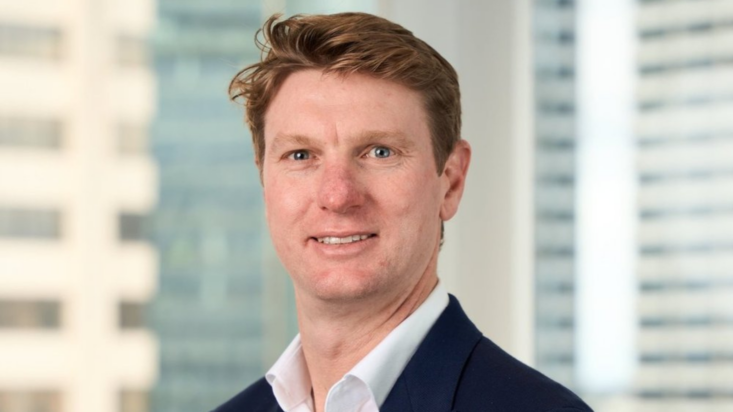The subtle art of stacking the deck: Fortitude Investment Partners
There are private equity businesses that bank on knowing what companies to buy and when, and then there are PE purveyors that double down on this acuity by also bringing a bit of knowledge and experience to the table.
For Fortitude Investment Partners, building the business up to $250 million in funds under management has been a testament to both these planks of expertise.
But what’s really charging the Brisbane firm’s success, according to partner and co-founder Nick Miller, is a third driver – the ability to lean on a tight-knit network of industry experts that specialise in the handful of sectors and geographies Fortitude invests in. According to Miller, it’s this network that has seen Fortitude make a number of highly successful company exits in recent times.
Fortitude has 130 of these “operating partners”, Miller (pictured) says. Their job isn’t really to come in and provide the internal management, but more so to advise on the initial acquisition and the best way to subsequently scale the business.
“I always think about it as stacking the deck in your favour,” Miller tells The Inside Adviser. “That is, getting a good business in a good market that already has good people. We back the existing management teams and then bring in high-quality people around that to help scale it.”
What makes this network of expertise works so well is that Fortitude isn’t your average PE manager. Its founders, Miller and Nick Dignam, focus on companies with an enterprise value of between $10 million and $80 million, of which they’ll invest $10 million to $50 million into. They focus on a handful of sectors – healthcare, technology, food and industrial (particularly related to the energy transition) – and limit their investee companies to those that can demonstrate a competitive advantage and a robust growth pipeline.
Add the secret sauce to that – 130 operating partners – and it’s a heady mix that has seen the team deploy $439 million in capital in just ten years, with a host of successful realised investee companies including Shopper, Better Medical, GM Hotels, Hospital Pharmacy Services, Birch and Waite and Readify. All these companies have grown with the financial backing of Fortitude and the intellectual capital of its operating partner network, then typically sold onto larger private equity managers that are better suited for the next stage of scaling.
In this way it’s a niche corner of the private equity ecosystem Fortitude resides, but the work they do does provide a valuable step up or ‘accelerator’ program for promising companies.
There’s one more critical piece to the Fortitude puzzle that brings the offering together for investors. Instead of offering a typical unit trust that aggregates their investee companies, the group gives its investors access to each investee company as a single investment vehicle. This gives investors the freedom to pick and choose the companies that might believe in themselves, or the ones they’ve come to believe Nick and Nick have the wherewithal to turn a profit on.
To this point, the concentrated cohort of repeat investors Fortitude has – generally HNW clients of independent financial advisers and institutional investors – have benefitted not only from a crucial alternative sleeve in their portfolio, but an eye-catching 25.1 per cent annualised return net of fees.
After ten years, the journey really is just beginning for the two Nicks. They have $250 million currently invested but aim to build that to $400 million within six to twelve months, if a handful of promising opportunities go ahead as planned. They’re ambitious, and in a hurry to deploy capital, but also very cognisant of the need for patience and acuity.
“We’re building our pipeline and keen to deploy capital, but there are always potential barriers to deals,” Miller explains.
“You’ve got maintain discipline on pricing and keep an eye on market changes that can put a business at risk of underperformance. You don’t want to execute on anything until you have that high conviction, which is what we’re always working towards – that’s our entry point.”











